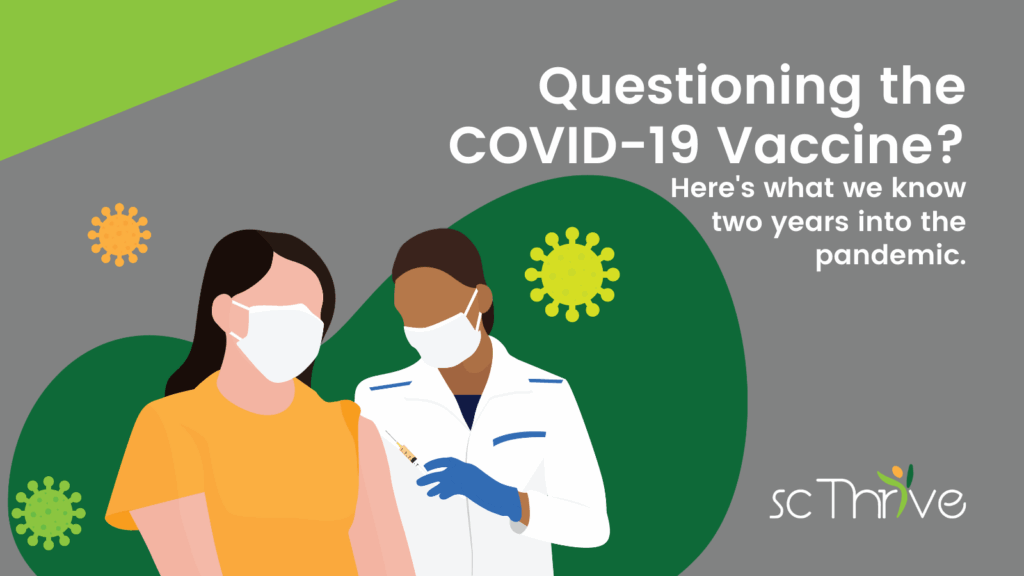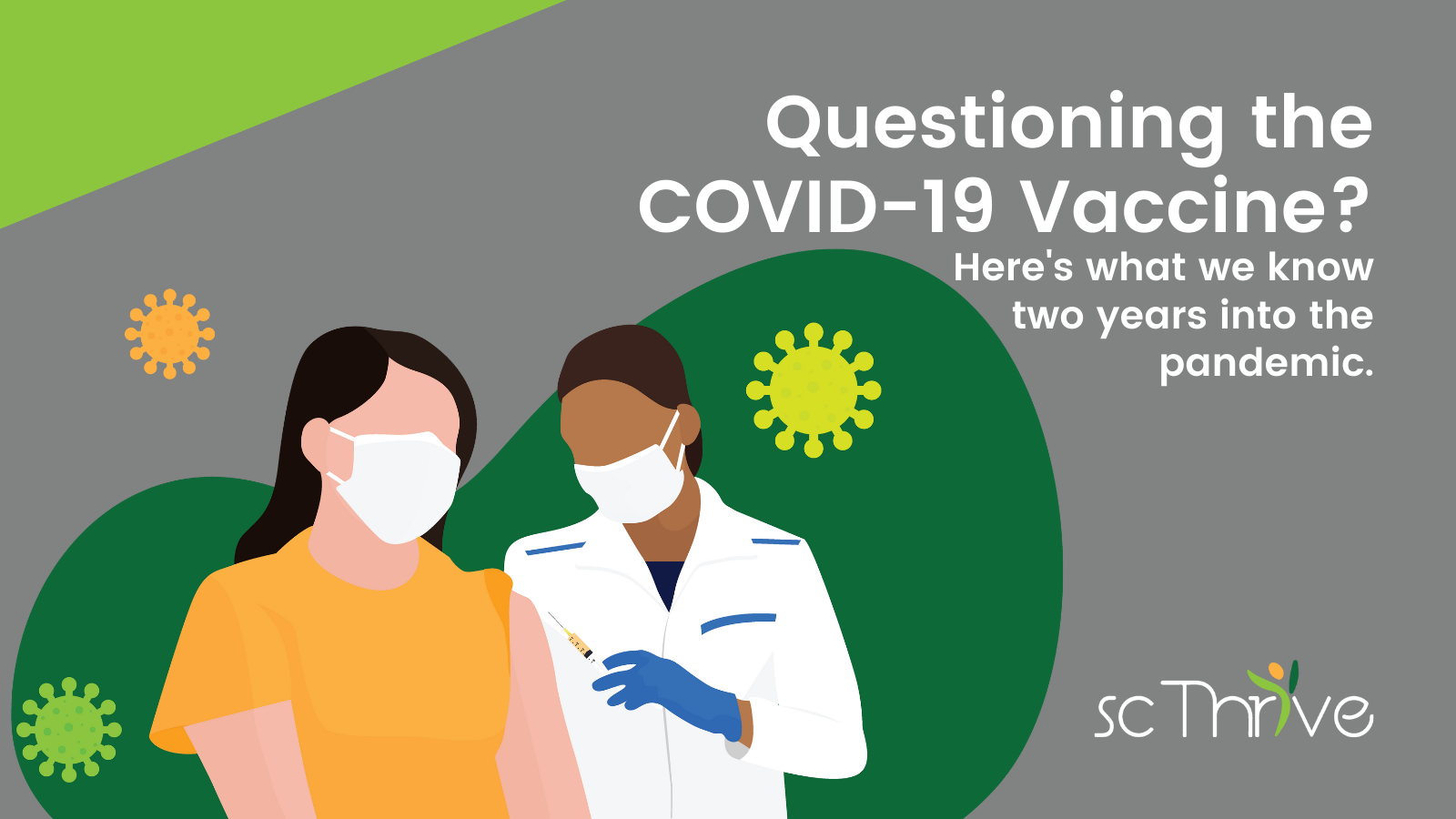
The present impact that COVID-19 has on healthcare is challenging. These challenges have affected the workload on doctors and other healthcare professionals, the diagnosis and treatment of positive cases and the treatment of patients with other problems and underlying conditions. Are you questioning the COVID-19 vaccine? Here’s what we’ve learned since 2020.
Underlying Conditions
An underlying condition is one of the biggest risk factors for developing severe illness when infected with COVID-19. COVID-19 studies have shown all population groups are not affected equally. The severity of a COVID-19 case increases significantly with the number of underlying conditions an individual has. So, what’s an underlying condition, and what should you do if you have one? Some chronic illnesses are kidney disease, heart disease, hypertension, diabetes, and cancer. These are all considered underlying conditions and can put people at risk for severe illness or death if infected with COVID-19. Individuals who have underlying conditions and become sick should immediately contact their doctors, even if they think it is only a cold. Those with underlying conditions must not ignore their symptoms and reach out to their health care provider. To lessen your chances of contacting COVID-19, it’s imperative to social distance, avoid non-essential travel, wash, and sanitizer frequently, and most importantly, get your COVID-19 vaccination and booster when eligible.
Long-COVID-19
If most people who have COVID-19 completely recover within a few weeks. Some people, however, continue to experience symptoms after their initial recovery. They may call themselves “Long Haulers”. The condition is called post-COVID syndrome or long-COVID-19. Older people and people with underlying medical conditions are most likely to experience lingering COVID-19 symptoms, but even otherwise, healthy people can feel unwell for weeks to months after infection. The virus can damage organs, and cause fatigue, muscle aches and difficulty breathing. COVID-19 not only affects individuals physically but also plays a role in our mental health.
Mental Health Effects
Worries and anxiety about COVID-19 and its impact can be overwhelming. According to the National Alliance of Mental Health, 1 in 5 US adults experience mental illness each year, and 1 in 6 US youth aged 6-17 experience a mental health disorder each year. Some studies have even found that people who have had COVID were more likely to experience depression and anxiety. Social distancing, quarantine, and isolation can be overwhelming and cause strong emotions in adults and children. Some people try to combat these feelings of uncertainty by increasing their use of alcohol and drugs as self-medication. Hoping mental health problems such as anxiety or depression will go away on their own can lead to worsening symptoms. If you have concerns or experience worsening mental health symptoms, ask for help when you need it, and be upfront about how you’re feeling. Finding healthy ways to cope during these tough times is important. Implementing self-care strategies and talking to the appropriate healthcare provider are ways to increase your ability to deal with life’s challenges.
Help fight the spread of COVID-19. Get a safe and effective vaccine that can lower your risk of getting and spreading the virus. The COVID-19 vaccine also helps prevent serious illness and death even if you do contract the virus. We all want to get back to “pre COVID” so that we can do more. For more facts about the COVID-19 vaccine, check out https://www.cdc.gov/coronavirus/2019-ncov/vaccines/facts.html.
To learn about the benefits of the COVID-19 vaccine, visit https://www.cdc.gov/coronavirus/2019-ncov/vaccines/vaccine-benefits.html.
Are you looking for resources to help spread the word? You can find your vaccine and other resources at scthrive.org/findyourvaccine.
Looking for more information about resources and benefits from SC Thrive? Check out our other blogs HERE.
